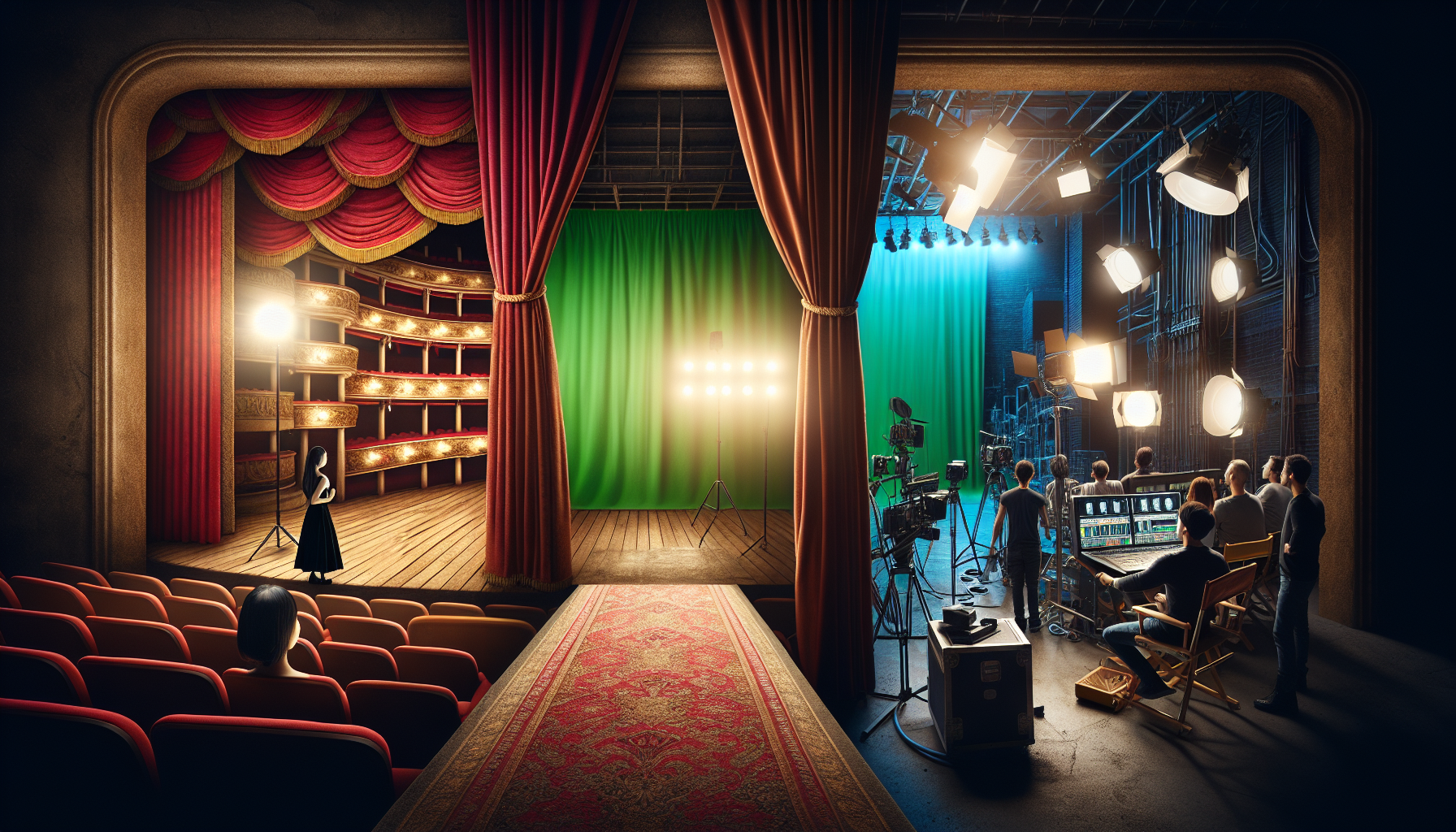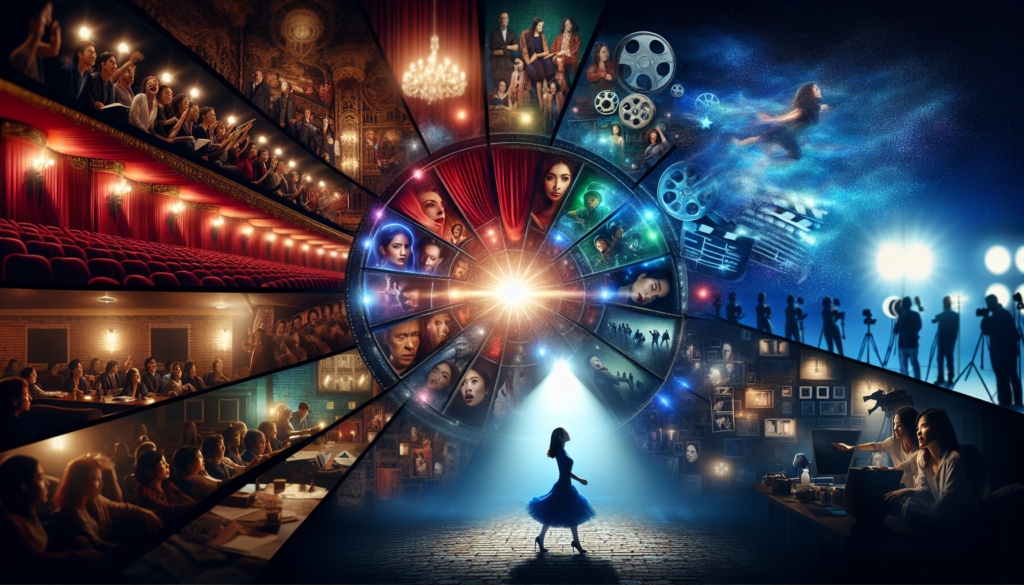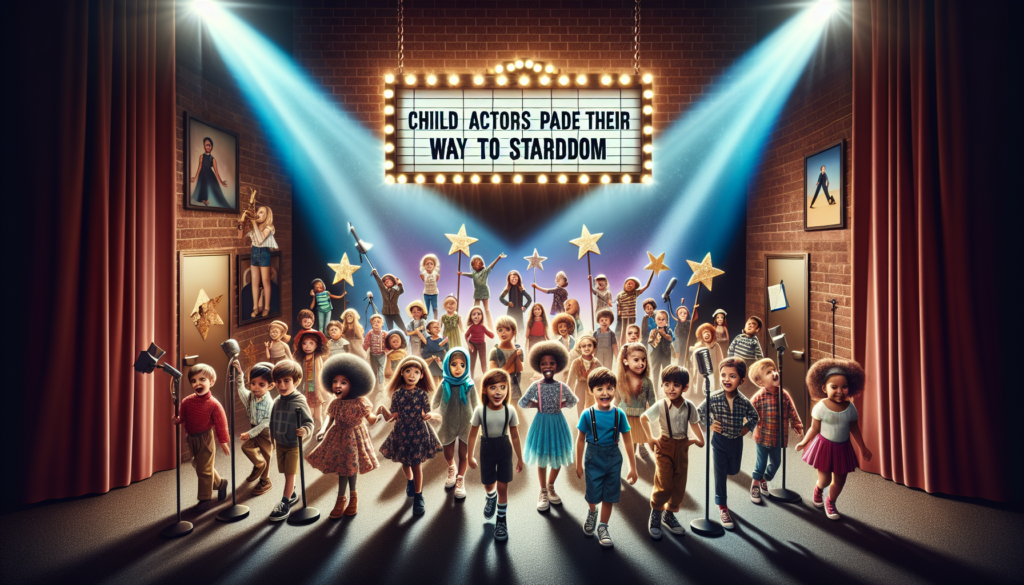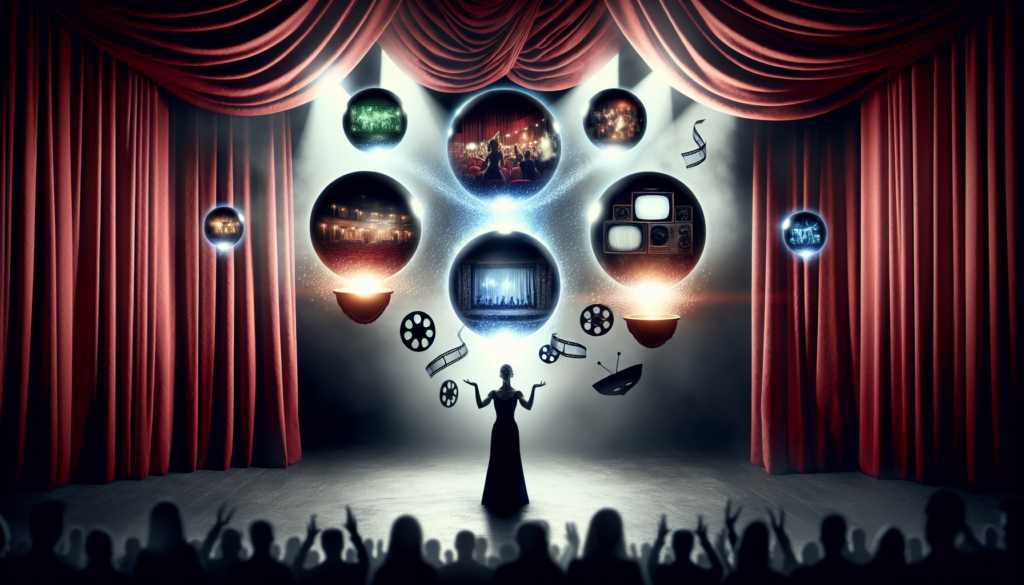One of the most intriguing debates within the acting community revolves around the age-old conundrum – theatre versus screen acting. While both mediums offer unique experiences and artistically fulfilling opportunities to actors, they each come with distinctive challenges and rewards that can influence an actor’s preference.
For many actors, the world of theatre is where their passion for performing arts first blossomed. Theatre acting is often viewed as a profoundly raw and authentic form of expression, an artistic sphere where every performance is different, and the energy that pulsates from the crowd influences the portrayal of the characters. Actors thrive on this heart-thumping immediacy and impermanence that live performances offer. There are no second takes on the stage.
British actor Ian McKellen, an acclaimed veteran of both mediums, once noted, “Acting is like a high wire act. Your margin for error is very slim.” In the theatre, actors are put under the microscope, and minor missteps can have dramatic repercussions, which can be exhilarating, but simultaneously terrifying. The rush of feeding off immediate audience response pushes actors continually to adapt their performance and cultivate their craft in real-time.
On the other hand, Hollywood luminary Meryl Streep believes, “Acting is not about being someone different. It’s finding the similarity in what is apparently different, then finding myself in there.” This philosophy is often more true to screen acting. The concept of method acting, where performers inhabit their characters for months at a time, was born from the school of screen productions.
Screen acting allows for an intricate exploration of characters, delving into a depth often not possible in theatre due to time constraints. The intimacy of the camera magnifies every minute detail, providing an opportunity for actors to portray subtle emotional nuances. What’s more, movie and television sets offer room for multiple takes, giving actors the flexibility to experiment with different approaches to expressing a character. It also provides a broader audience reach given the global accessibility of films and TV shows.
The financial aspect is another factor influencing actors’ preferences. While theatre acting might fulfill artistic aspirations more intensely, screen acting often provides a much more lucrative appeal. The highest-paid actors around the world are predominantly from the film industry, benefiting from high-budget movies and endorsement deals. It’s not surprising Daniel Radcliffe, best known as Harry Potter, admits to preferring screen acting, illustrating that the attraction of big-screen fame and financial security is difficult to resist.
However, it’s arguably more about personal choice rooted in actors’ individual artistic journey and their emotional and creative satisfaction. Emma Thompson, a poignant performer of film and stage, emphasizes, “Acting simply cannot be about how good you are or about the awards. It’s about enriching the lives of the people who will watch your work, and enriching your own life, as well.”
Thus, we see that the debate between theatre and screen acting isn’t merely a question of which one is better. Instead, it’s understood as platforms offering distinct experiences, challenges, and rewards. Whether it’s the raw, visceral thrill of theatre that inspires live improvisation and ad-libbing, the opportunity for careful character study offered by screen productions, or the practicalities such as financial benefits and global reach, the choice between theatre and screen acting ultimately depends on the individual actors’ artistic inclinations, personal goals, and career aspirations.
Theatre versus screen is less a rivalry and more a symbiotic relationship that nurtures an actor’s growth. Embracing both forms gives actors a comprehensive skillset and a broader perspective on their craft, allowing them to be adaptable and diverse performers. Whichever preference an actor may have, it is the compelling performances they deliver that hold audiences spellbound, be it in a packed theatre or in front of a television or cinema screen.




